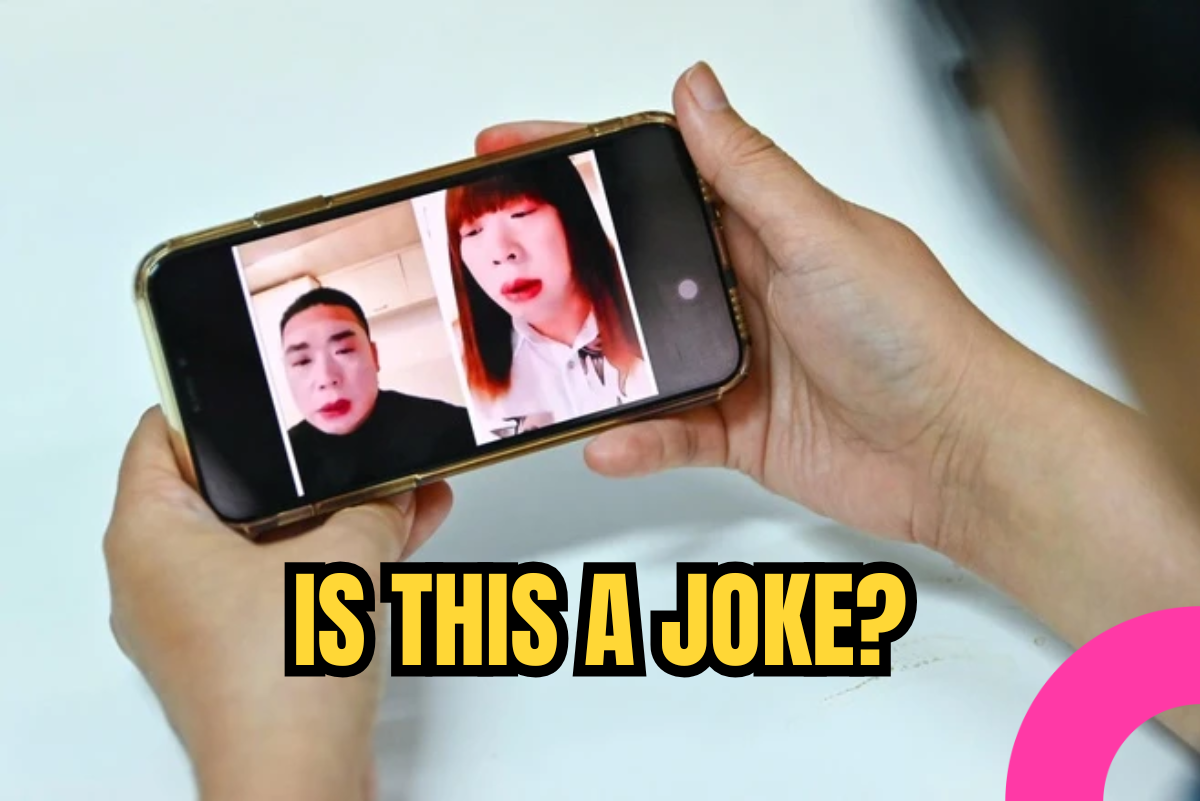At the center of the scandal is a 38-year-old Chinese man who allegedly disguised himself as a woman to deceive multiple men, secretly filming intimate encounters and distributing the footage online. The case, currently under investigation by Chinese authorities, has been dubbed by netizens as “the strangest incident of the year.”

Yet rather than focusing on the ethical and legal implications, much of the online response has taken a mocking turn. Social media platforms are flooded with memes, parody videos, cosplay reenactments, and photoshopped images of users inserting themselves into Uncle Red’s infamous room—all turning a serious case into comedic fodder.
According to Framing Theory by sociologist Erving Goffman, the way media frames a story shapes public perception. In this case, instead of framing Uncle Red’s actions through lenses of legality, morality, or mental health, the story has largely been packaged as viral entertainment.

This satirical framing has caused key issues—such as emotional manipulation, privacy invasion, and illegal video distribution—to fade into the background. The result? A disturbing trivialization of the trauma and crimes involved.
Social media’s algorithm-driven push for high engagement content has only fueled the trend. Users participate for laughs, clout, or simply to stay relevant—many without pausing to consider the ethical cost of their amusement.
Experts warn that this mass misrepresentation not only desensitizes the public but also creates hurdles for law enforcement and complicates public understanding of similar future incidents. Moreover, content creators exploiting the scandal for views are contributing to a rise in what many now label “toxic entertainment.”

Mainstream news outlets are being called upon to reclaim the narrative—providing balanced reporting that examines legal, cultural, and psychological dimensions of the scandal. Specialists in media ethics, sociology, and behavioral psychology should be consulted to steer public discourse back on track.
There’s also a growing demand for improved digital literacy and ethical education in schools and homes—empowering future generations to discern between valuable information and harmful trends.

Social media platforms themselves must step up by deploying better AI moderation and prioritizing responsible content over viral shock value.
Ultimately, while the internet may have turned Uncle Red into a meme, the underlying message is serious: if we normalize mockery in the face of misconduct, tomorrow’s victim could be any one of us.

